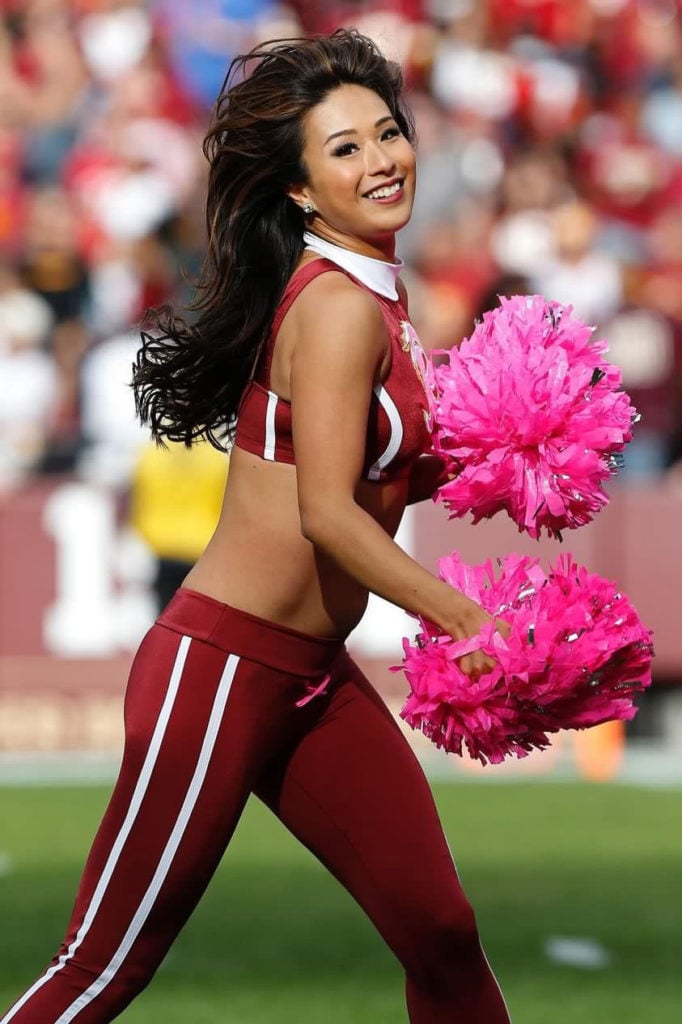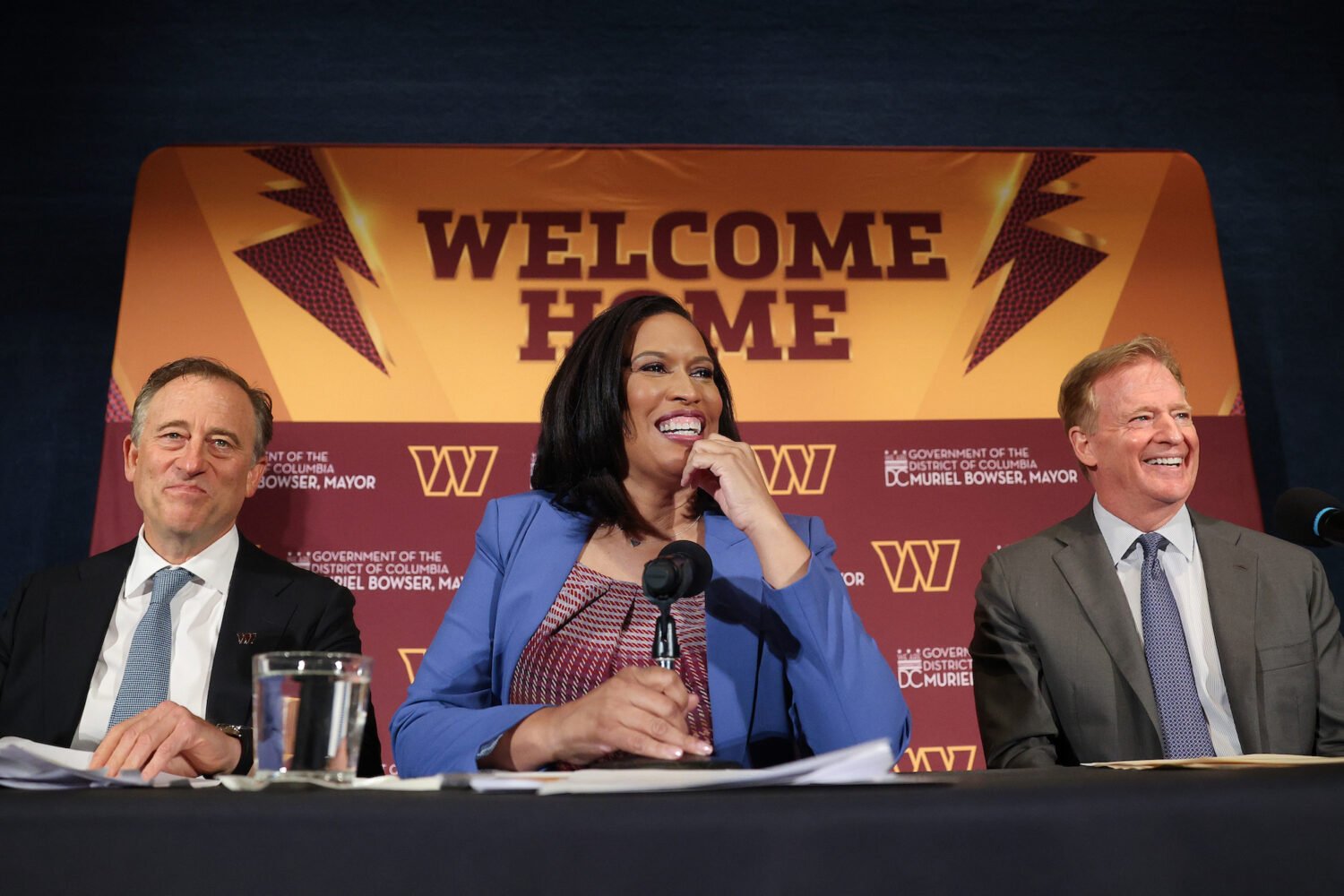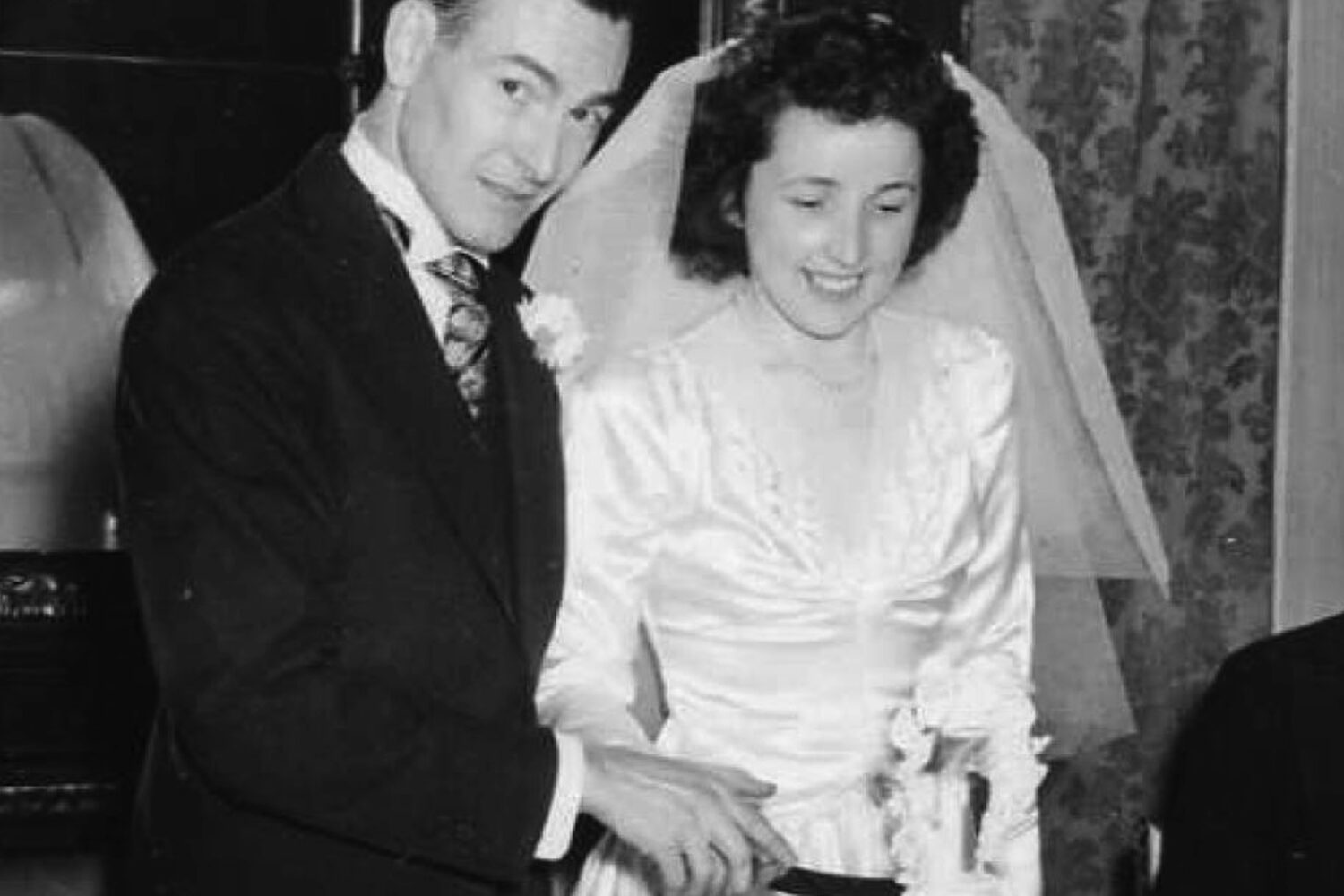
Masako Morishita got lots of attention this past year when she jump-started the kitchen at the Adams Morgan sushi institution Perry’s. But the chef—who grew up around her parents’ bar/restaurant in Kobe, Japan—has been cooking professionally for only two and a half years. She says one particular job prepared her well for grueling kitchen work: her five-year stint as a cheerleader for the Washington football team. Here, she looks back at her time on the field.
“When I was a high-school junior, I was an exchange student in Wisconsin. Cheerleading wasn’t common in Japan, and I wanted to experience something I couldn’t there. I tried out without any experience. I started as a tiger mascot. Later, I was able to dance.
“For the Commanders, almost everybody had started dancing when they were, like, three. On the day I tried out, I wasn’t able to communicate in English that much and didn’t have many friends. I was really nervous but also didn’t have much pressure. It was more about making memories.
“I could not believe I was a finalist. We had several rounds of auditions. The dances were very difficult. Thirty minutes ago we’re doing a fancy, jazzy dance, and now we’re doing really crazy hip-hop.
“The first game, I cried. It was the year after the Commanders made the playoffs, so the game was sold out—FedEx Field holds, like, 90,000 people. When I ran from the tunnel, all I heard was screaming and cheering.
“Being a cheerleader is part-time, so everybody either goes to school or has a different job. I was the office manager for a Japanese media company. I’d go to practice after work two or three times a week—sometimes until 11:30. We’d do a lot of workouts on our own. We’d come to the stadium six hours before the game with full makeup and hair done. The coaches look at you at the beginning of the season and say, ‘Maybe you should go lighter, or curl your hair.’ Once that’s set, you can’t change it. I danced when it hailed, when it snowed. Even in the pouring rain, we had to make sure our makeup was on-point. I took Metro from DC the entire five years. From the station to the stadium, it’s a mile uphill.
“The cheer team had potlucks, and I cooked food I eat at home, like Japanese curry. They were like, ‘What is this? It’s so good!’ That gave me a hint of what to do next. Every year, you have to re-audition—it’s not like if you make the team, you’re on it forever.
“I’m amazed how hard I can push now. Of course, restaurant work is really long hours, but it’s a physically challenging job where you have to carry 40 or 50 pounds of meat, and you never sit down—never. I am physically very tough.”
This article appears in the January 2024 issue of Washingtonian.


















